As we all know, the majority of books I read are in the fiction category—whether that be fantasy, crime, thrillers, or even romance. But I am most definitely not averse to reading non-fiction. Over the years, I have read a couple of non-fiction books of differing variety and today, I thought I should shine a bit of light on it.
Scrappy Little Nobody – Anna Kendrick
Let’s start with the one that inspired me to write this article in the first place. Scrappy Little Nobody was one of the first biographies I read, and it is most definitely the most fun I've had while reading a non-fiction book.
I have mentioned it in another article, perhaps, but I am just as much into films as I am into books. While books provide me an escape like no other medium, cinema comes a close second. And one of my favorite actresses (and a celeb crush) is Anna Kendrick. Not only is she beautiful, she is witty, charming, and appears completely down-to-earth, which totally shines through in this book. One of the last things she says in the book is that if you ever meet her on the street, do not expect her to behave like most celebrities. She has mood swings; she can be rude or she can be lovely, as she is just as much of a human as everybody else. I think this level of honesty from her in the book is what makes her incredibly likable to me.
Another reason I think this book works so well is her writing. She is not just taking you through point A to point B in her journey as an actress so you can be impressed with her success. Instead, she uses several actual literary tropes throughout to keep you engaged, including a nonlinear story. One story might trigger a memory of her past, while another memory from her past might bring her back to the present.
Above all, this book, despite being an autobiography of a celebrity, is one of the coziest books I’ve read. It’s funny, sometimes also sad, and it is engaging—just like Anna Kendrick herself.
Rich Dad, Poor Dad – Robert T. Kiyosaki
Okay, yes, I know you probably did not expect a self-help book to be in this list (or perhaps you did?) but let me explain: I know that self-help has gotten a bit of a bad rep recently, and honestly, I have no words to share on that subject personally. I don’t read much self-help, but the reason I put this book in here is because it is genuinely choke-full of good ideas. This is a book that, in my opinion, actually lives up to its reputation as a good self-help book. It introduced me to ideas that I was not familiar with and made me think about my career in a different light. And for that, this book deserves to be on this list.
One thing I really enjoyed about the book was that it employs narrative to teach you certain lessons that otherwise would get super boring. If you were to boil the key ideas from this book, they are actually super simple: in order to be successful, you actually need to use your brains, not just think about different schemes to get rich. That is it. That’s the key idea of the book. But it is done so well that it sticks with you.
Another reason why I enjoyed the book was that in a short amount of pages, it teaches you actual practical tips. It does not mess around with hyperbole and vague metaphors to make you think the author is smart. It just tells you what it is and moves on.
I know this book is immensely popular, but if you are hesitant to try it out due to the “self-help” label, I recommend you give it a shot. It might just help you.
World War 1: The Sacrifice of a Generation – Aleksa Vuckovic, History Nerds
I stumbled onto this one by complete accident one time when I was browsing my Everand subscription. It turned out to be a completely pleasant surprise. It is not a long book by any means—it is quite short. It recounts the story of how the Great War came to be and how it ended, but it also tells all the great battles, the technological advances, and the heroic deeds of all the men that fought in it. It is quite a good introductory book if you want to quickly learn a bit about World War 1. It is by no means a comprehensive list of every single battle fought in that war or the political maneuvers that were in place. Think of it more like a school textbook that is not boring to read for once. I read it as an audiobook, and it was quite a pleasant experience, despite all the bloody battles being described.
A bit of a confession here: I read this book a long time ago and I don't remember a lot from it. Hence, the short descriptions here. This is not the first book on this list I've read and forgotten, though. This does not mean I did not enjoy the book—I remember the experience quite well and the few details I do remember from it are listed above.
On Bowie – Rob Sheffield
I picked this book because I thought it would be a biography of David Bowie, and while it was not quite that, I still enjoyed the heck out of it. Instead of just listing Bowie’s achievements or his life, Rob manages to give tribute to an artist in the only way he can.
This book is actually quite emotional. Why? Well, Rob writes about Bowie with such passion and vigor that you cannot help but admire the man. He writes about what Bowie's music has meant to him, and how his own struggles as a man who never fit in related to Bowie’s eccentric persona. He really makes you understand Bowie without giving you every single detail about him—he makes you understand why people were so enamored with Bowie.
This book is quite an achievement, in my opinion. The way Rob manages to write with such passion about the man and his own life with transparency is something to be admired. I can certainly relate to his sentimentality, as I myself have felt quite connected to a few artists in my life (one whom I actually wrote about recently in a guest post, Nazia Hassan).
If you want a complete overview of Bowie’s life and his adventures, I suggest you read an actual historical document about him. If you want to truly understand Bowie, however, I suggest you read this book.
Cinema Speculation – Quentin Tarantino
Remember how I said I am a lover of cinema? This guy is the reason for it. Tarantino’s work has always been somewhat in the background of my entire life. His movies were the soundtrack to the chaos of my youth. I remember as a kid watching Kill Bill on TV, not understanding a single word being spoken, but clearly understanding all the choreographed fight scenes. After growing up, in my early teens, I rediscovered his work and fell in love with his films. So imagine my excitement to learn that he has written a whole book about his cinematic inspiration?
This book is, just like On Bowie, quite an achievement. It is essentially a laundry list of movies from the 70s that have inspired Tarantino in various ways. Basically, it’s just a very long recommendation list from the guy.
While this may sound boring on the surface (perhaps it is if you are not into his movies), the way he describes each movie, their production, how they came to be, and how he discovered them is one of the most magical things I have ever listened to. Speaking of listening, I suggest you listen to the audiobook for this one. It is one of the best ways to experience this masterpiece. If you have ever watched an interview with him and thought, “Man, I could listen to him go on about films all day!” then this book is for you. However, if you are not even vaguely familiar with his work and his style of speaking, I suggest you stay clear of this one.
Conclusion
There are way more non-fiction books that I wanted to shout out, but I think for now these will do for sure. Maybe once I read a couple more, I’ll write about them as well. For now, though, I suggest you check these titles out if any of them fit your fancy!




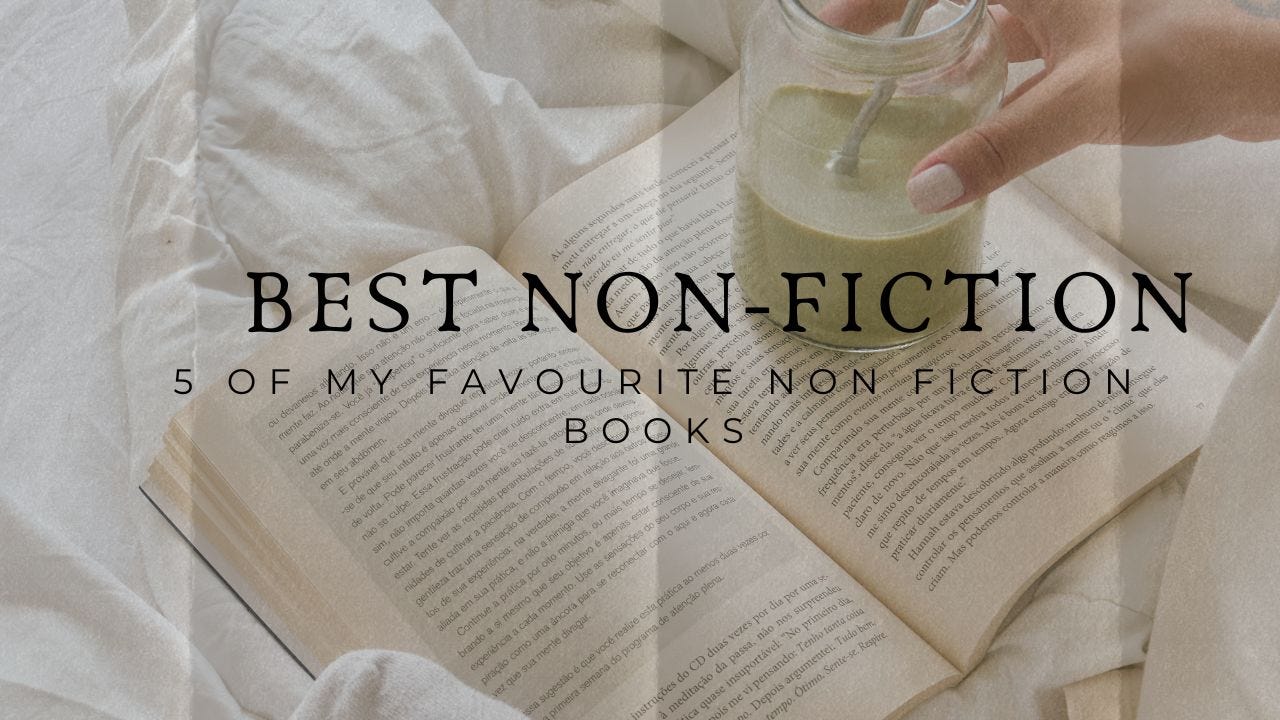
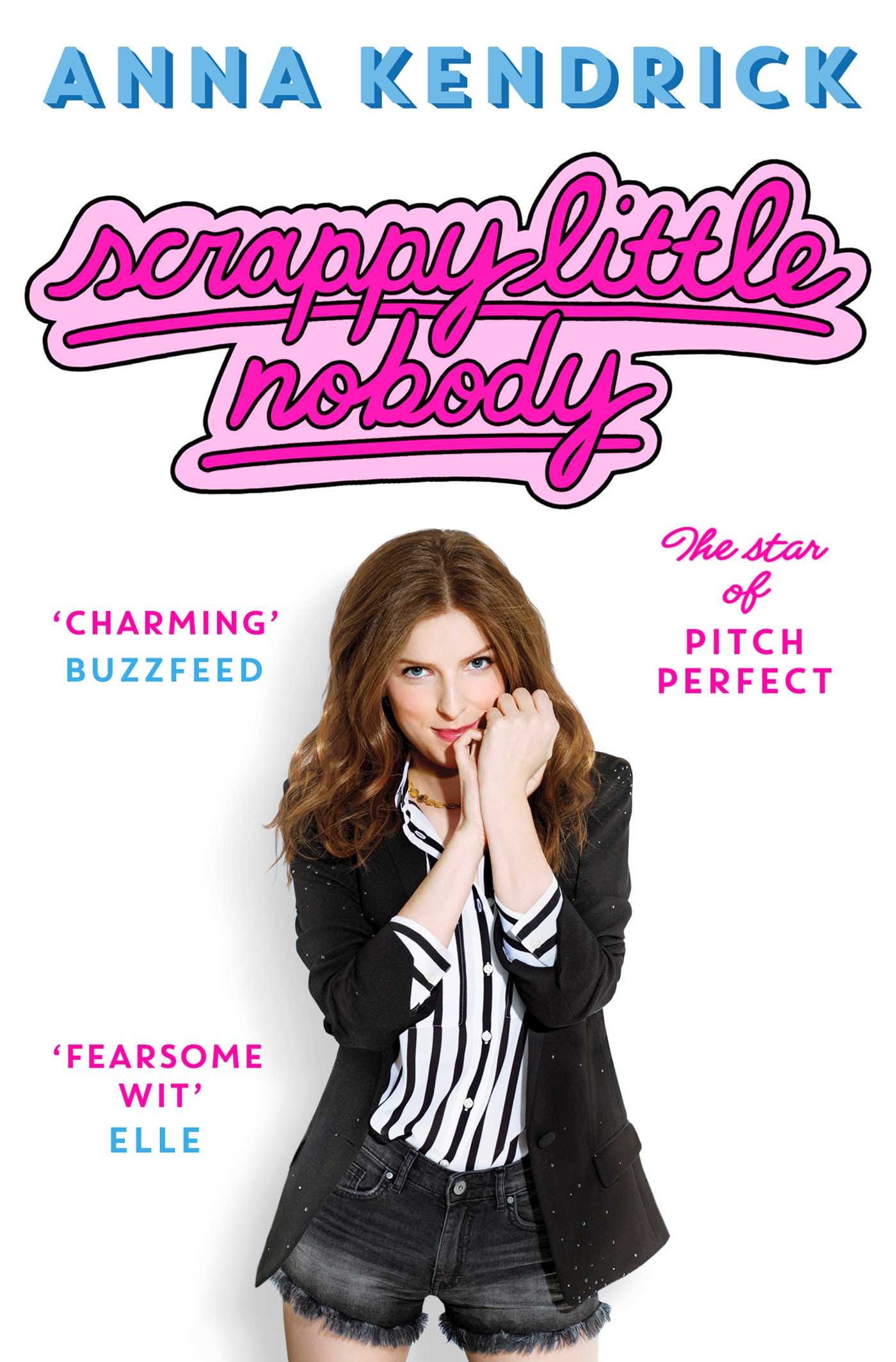
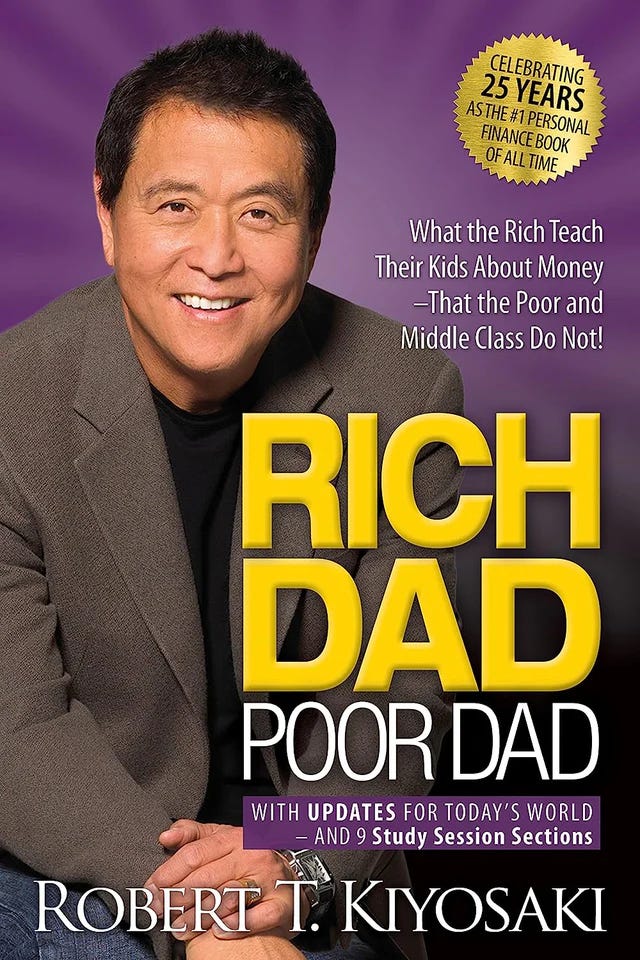
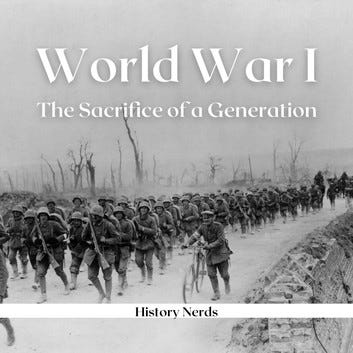
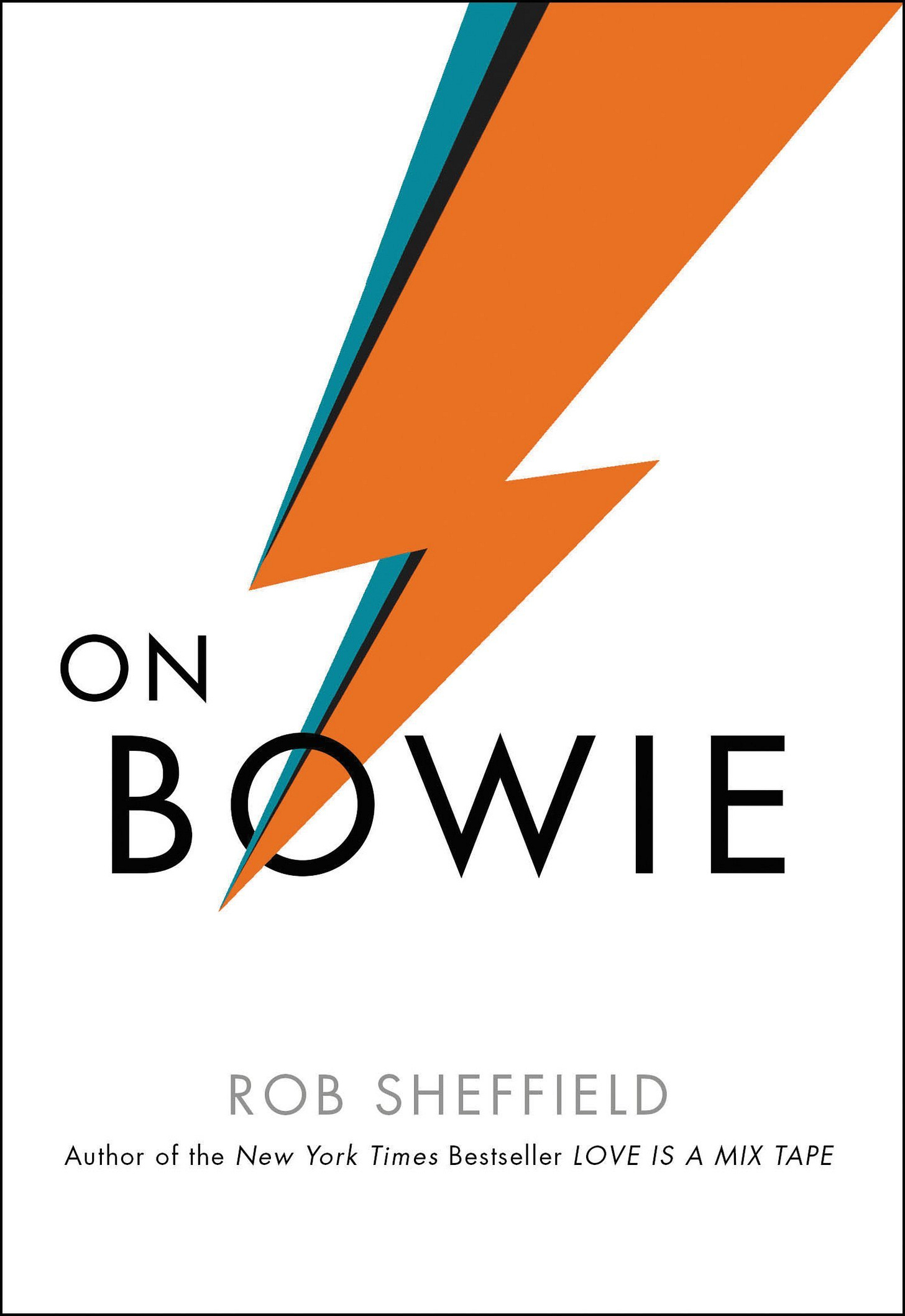
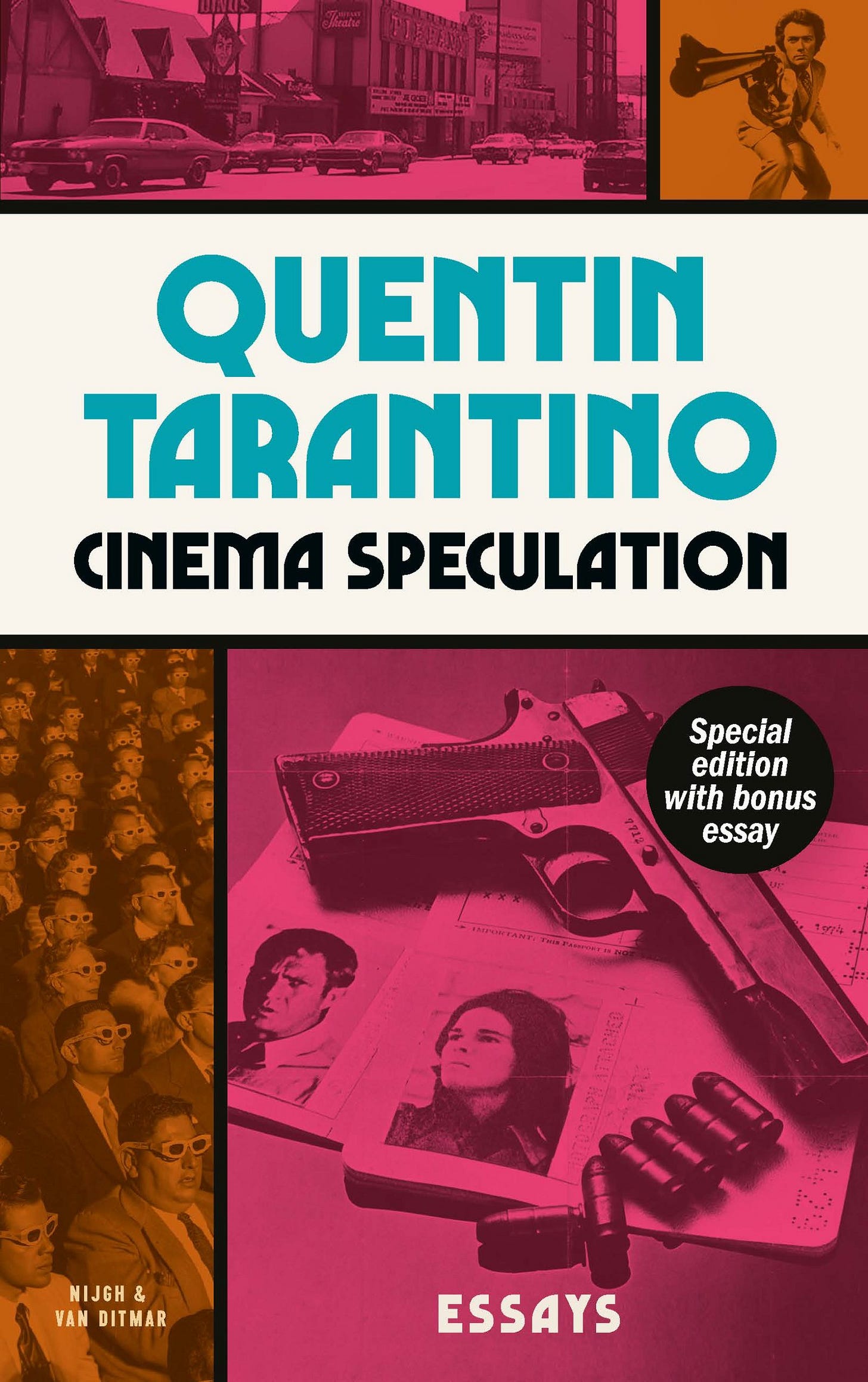

Thanks for the post. If I may I'd like to recommend my favorite if you don't mind - I think you might not be aware of it / or have skipped over but it is utterly enthralling. I give you:
The Gulag Archipelago - Aleksander Solzenitsyn
This is quite possibly my favorite book / collection of books (3 in total however there is an abridged version that is very good). It chronicles the Russian Revolutions immediate aftermath and Red terror- basically what happened during the Russian Revolution through The Eyes of the author- himself a major general in the red army, scary enough in and of itself as he was charged with crimes that never actually happened and it shows exactly how insidious the corruption can be and the banality of evil that goes with it. Thinking about it now the banality of evil could definitely be a very apt description of what this book describes.
It basically begins with his arrest well he is riding in his own luxury train car, going to tell by the reaching down the stalinist regime went when it was arresting it's imagined enemies. The book continues to go through bit by bit and describes the entire Gulag system as it's described- an archipelago. There are, I believe, 18 of them all across the most inhospitable parts of Siberia- all connected by Railway built by the prisoners (Zeks) themselves - these Railways being eerilish surrounded by the corpses and shallow Graves of the exacts that were that died in the building of these compounds these Railways and these prisons because when they were dropped off with the materials, however the materials were not put together so they would send about three times the amount of people that they needed to build these places because they knew two out of three would die the first night. I stopped here with the spoilers this is about the first chapter of the first book but it is well well well worth the read.
Enjoy!